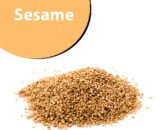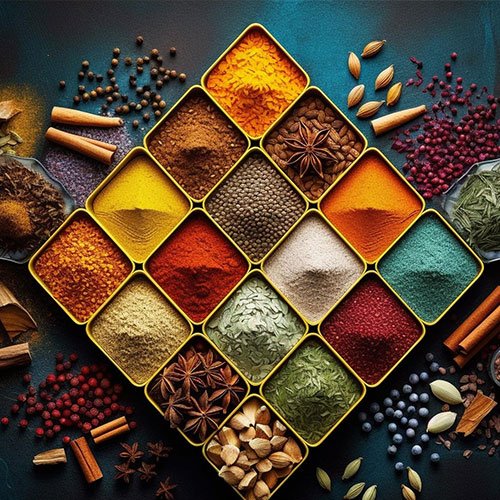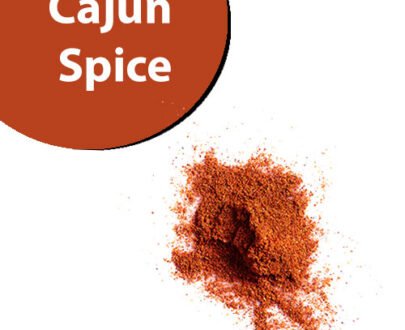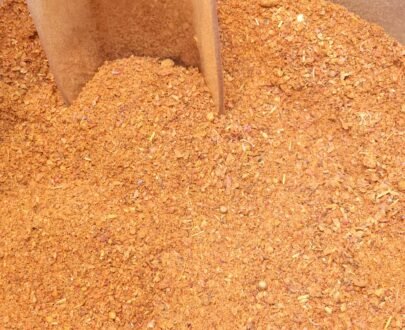Seven Kinds of Spices – Organic Natural
Seven Kinds of Spices:Certainly! Here is the information in English:
The term “traditional seven spices” or “seven varieties of spice” refers to a combination of seven different spices commonly used in various cuisines to add flavor to dishes. These combinations may vary across different cultures but generally provide delicious and distinctive flavors. Here’s an example of such a traditional seven-spice blend:
Black Pepper: Black pepper adds a spicy and slightly pungent flavor to dishes. Freshly ground black pepper is considered the best.
Salt: Salt is used to balance the flavors in dishes and enhance the taste of other spices.
Cumin: Cumin offers an earthy and spicy flavor. It is widely used, especially in Middle Eastern and South Asian cuisines.
Turmeric: Turmeric imparts a bright yellow color to dishes and has a mildly bitter and earthy taste. It is especially prevalent in Indian cuisine.
Red Chili Powder: Red chili powder or paprika adds spiciness and color to dishes. The amount used can be adjusted to control the level of heat in the dish.
Coriander (Cilantro): Coriander, whether in seed or leaf form, has a citrusy and slightly lemony flavor. It plays a significant role in many world cuisines.
Cinnamon: Cinnamon has a sweet and spicy flavor profile. It is used in sweet dishes and some savory recipes.
This traditional seven-spice combination can serve as a foundation in many kitchens, but keep in mind that spices can vary by cuisine, taste preferences, and regions. Different spices may be used in various culinary traditions and recipes, and sometimes alternatives to these seven spices can be substituted. Therefore, the concept of seven spices should be seen as a starting point rather than a rigid guide, as it can be adapted to create different flavors in different cuisines.Certainly! Here are the approximate nutritional values for 1 ounce (28 grams) of sesame seeds:
Calories: 160 calories
Total Fat: 13 grams
Saturated Fat: 2 grams
Monounsaturated Fat: 5 grams
Polyunsaturated Fat: 5 grams
Cholesterol: 0 milligrams
Sodium: 5 milligrams
Total Carbohydrates: 7 grams
Dietary Fiber: 4 grams
Sugars: 0 grams
Protein: 5 grams
Vitamins and Minerals:
Calcium: 277 milligrams (28% of the Daily Value)
Iron: 4 milligrams (22% of the Daily Value)
Magnesium: 99 milligrams (25% of the Daily Value)
Phosphorus: 179 milligrams (18% of the Daily Value)
Potassium: 129 milligrams (4% of the Daily Value)
Zinc: 2 milligrams (14% of the Daily Value)
Copper: 0.7 milligrams (37% of the Daily Value)
Manganese: 0.7 milligrams (35% of the Daily Value)
Vitamin B6: 0.2 milligrams (9% of the Daily Value)
Folate: 11 micrograms (3% of the Daily Value)
Thiamin (Vitamin B1): 0.2 milligrams (12% of the Daily Value)
Riboflavin (Vitamin B2): 0.1 milligrams (6% of the Daily Value)
Niacin (Vitamin B3): 0.2 milligrams (1% of the Daily Value)
Vitamin E: 0.2 milligrams (1% of the Daily Value)
Please note that these values are approximate and can vary depending on factors such as the variety and processing of sesame seeds. Sesame seeds are particularly rich in healthy fats, including monounsaturated and polyunsaturated fats. They are also a good source of minerals like calcium, magnesium, and iron. Additionally, sesame seeds contain antioxidants and are known for their potential health benefits, including heart health and reducing inflammation.
Keep in mind that sesame seeds are calorie-dense, so portion control is important if you’re mindful of your calorie intake. However, they can be a nutritious and flavorful addition to various dishes when used in moderation.










Customer reviews
Reviews
There are no reviews yet.
Write a customer review